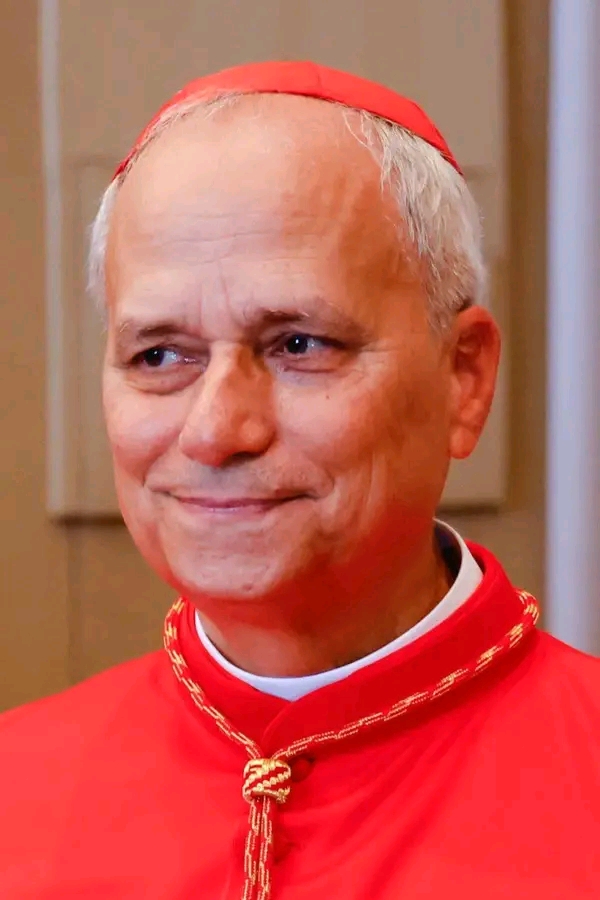The election of Pope Leo XIV, formerly Cardinal Robert Francis Prevost, has generated significant global attention—not only for its historic nature but also for the personal details surrounding his new role. As the first American to be elected to the papacy, many are curious about what this means for the Catholic Church, and some are wondering: how much will the new Pope be paid?
No Salary for the Pope: A Tradition of Humility
In line with longstanding Vatican tradition, Pope Leo XIV will not receive a personal salary. Popes historically forgo monetary compensation, and instead have their living and travel expenses covered by the Vatican. This symbolic gesture is rooted in the Church’s principles of humility, sacrifice, and servant leadership.
His predecessor, Pope Francis, was known for his modest lifestyle. Rather than reside in the luxurious Apostolic Palace, Pope Francis chose to live in a guesthouse known as Casa Santa Marta, a simple yet functional residence within the Vatican grounds. He also reportedly refused a formal salary, emphasizing that his mission was spiritual, not material.
This model of living, which Pope Leo XIV is expected to continue, underscores the idea that the papacy is a position of service, not personal enrichment.
Who Pays for the Pope’s Needs?
Although the Pope does not earn a wage, the Holy See covers all his personal needs, including:
-
Housing
-
Transportation
-
Food and staff
-
Medical care
-
Security
-
Administrative support
These expenses are funded through a combination of the Vatican’s internal revenues and global donations from Catholics, including the annual Peter’s Pence collection. This fund, which is gathered from Catholics worldwide, helps support the Pope’s charitable efforts and also contributes to the general operations of the Vatican.
The Vatican’s Financial System
The Vatican, technically a sovereign city-state, has its own financial structure. Its income sources include:
-
Real estate assets in Rome and abroad
-
Investments and interest from Vatican Bank accounts
-
Admissions and tourism from the Vatican Museums, which generate millions annually
-
Donations, especially from wealthier dioceses and private Catholic benefactors
The Pope, while not directly managing day-to-day finances, does hold ultimate authority over how Vatican funds are spent and directed. Over the years, successive Popes have played major roles in shaping how Church finances are managed—especially in response to scandals, mismanagement, or deficits.
Pope Francis, for instance, introduced sweeping financial reforms aimed at increasing transparency and accountability, including appointing independent auditors and implementing stricter rules on spending by Vatican departments.
Challenges Pope Leo XIV Inherits
Pope Leo XIV will likely face similar fiscal challenges. The Vatican has struggled in recent years with shrinking revenues, partially due to fewer donations and decreased tourism during the COVID-19 pandemic. In response, budget cuts have been made, including a reduction in the salaries of cardinals and senior clergy members by as much as 10%.
Given the Pope’s symbolic role and moral influence, many expect Pope Leo XIV to continue efforts at financial reform, particularly in light of global scrutiny on the Vatican’s handling of money and its ethical responsibilities.
Is the Pope “Wealthy”?
Despite not drawing a salary, the Pope is often perceived as wealthy because of the grandeur of the Vatican and the Church’s vast holdings. However, this perception doesn’t align with reality. Popes have no personal ownership over Vatican assets. The artwork, buildings, and treasures of the Vatican are held in trust for the Church and the global Catholic community.
Pope Leo XIV, like those before him, does not personally benefit from these holdings. In fact, any personal possessions or gifts he may receive as Pope typically become part of the Vatican’s archives or are donated.
Lifestyle of the Pontiff
In recent decades, Popes have consistently chosen simpler lifestyles. Pope John Paul II was known for his ascetic discipline, Pope Benedict XVI for his scholarly humility, and Pope Francis for his hands-on, people-centered approach. Early signs suggest that Pope Leo XIV may follow this same path.
His years as a missionary in Latin America and his role as a reform-minded canon lawyer reflect someone attuned to the Church’s grassroots needs rather than prestige or material wealth.
Why No Salary Matters
The decision not to receive a salary is both symbolic and practical. It emphasizes that the role of the Pope is spiritual in nature—more akin to a shepherd than a CEO. This ethos is one of the key reasons the papacy continues to command such moral authority across religious and political divides.
The absence of a personal salary also allows the Pope to lead by example in a world where religious institutions are increasingly questioned about their financial practices.
What About Retirement?
If and when Pope Leo XIV were to step down—following the precedent set by Pope Benedict XVI—he would be cared for by the Vatican as a “Pope Emeritus.” In such cases, the Holy See continues to provide for the retired Pope’s living expenses. Again, no personal salary is issued, but all needs are met.
Benedict XVI lived in a modest monastery within the Vatican until his death in 2022 and was known to lead a quiet, prayerful life with a small support staff.
Final Thoughts
To answer the question clearly: Pope Leo XIV will not be paid a salary. However, all his needs will be provided for by the Vatican, and he will be entrusted with overseeing the Church’s vast spiritual and material responsibilities.
While he may not draw a paycheck, Pope Leo XIV now holds one of the most globally influential roles on Earth—one rooted not in material wealth but in moral and spiritual authority.
In an age marked by rising materialism and institutional distrust, this tradition of self-denial may serve as a powerful testament to the enduring values of faith, humility, and service.
